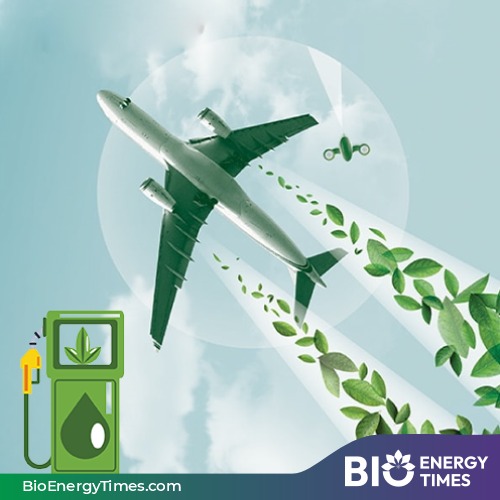The Australian Sugar Milling Council (ASMC) has tentatively welcomed the recent “Sustainable Aviation Fuel – State of Play” update from Boeing and CSIRO, while urging governments to urgently develop a National Biofuels Feedstock Strategy, as emphasized in the report. This call comes in a recent press release issued by the ASMC.
“The ASMC has been calling for this feedstock strategy since early 2024. Sugar manufacturers can be central to Australia’s biofuels future through the production of bioethanol and other biofuels feedstocks. However, we need a good healthy dose of reality in the debate – the current proposed alcohol-to-fuel SAF plants will not use a single scrap of Australian feedstock, they will rely on imported bioethanol from places like Brazil,” stated Mr. Ash Salardini, CEO of the ASMC.
The sugar manufacturing sector has the capacity to process sugarcane into bioethanol, which would be a key feedstock for many of the SAF plants being proposed in Australia. Additionally, bagasse, a by-product of this process, could be converted into biofuels, potentially supplying up to 8% of the domestic aviation fuel market.
“However, our sector has not been offered offtake agreements or incentives to transition into biofuels supply chains. Given the risks and underdeveloped nature of the biofuels market, why would we invest billions to convert our mills to support it?” Salardini added.
He further stressed that without the use of domestically produced feedstock, particularly sugar in Queensland, the anticipated creation of thousands of jobs in Queensland’s biofuels industry is unlikely to materialize. “If this industry relies on biorefineries for imported bioethanol, we may be lucky to create a few hundred jobs,” he remarked.
The ASMC is calling for the creation of a National Biofuels Feedstock Strategy, with a steering group of potential feedstock providers to guide the development of a domestic supply chain.
“We are eager to see both the Federal and Queensland Governments take decisive action on a feedstock strategy. We know they also want to see the economic benefits of a truly Australian biofuels industry,” concluded Salardini.
To read more about Sustainable Aviation Fuel Industry News continue reading Bioenergytimes.com















